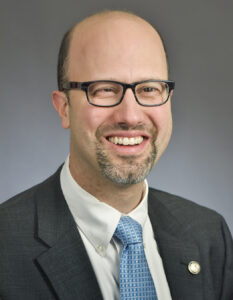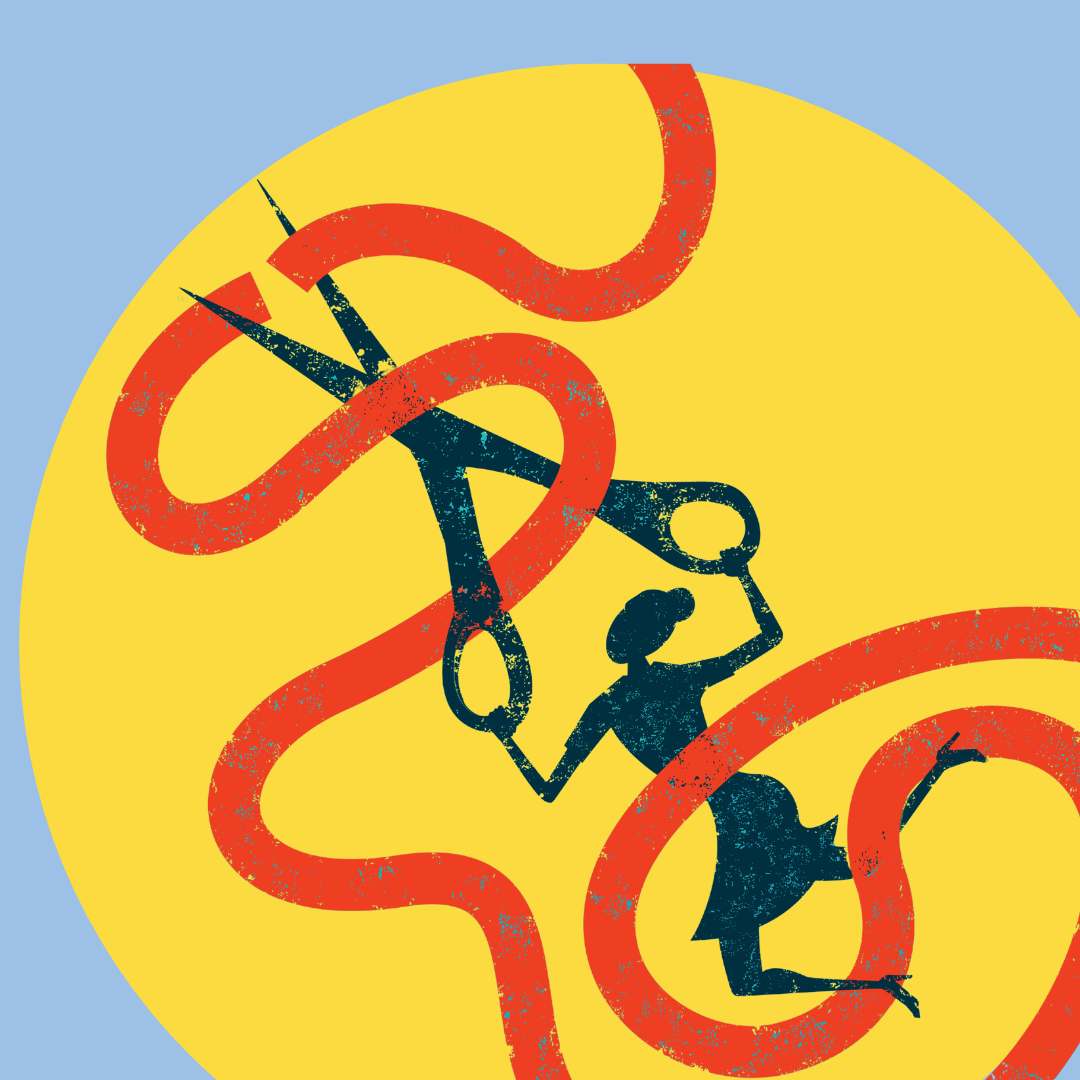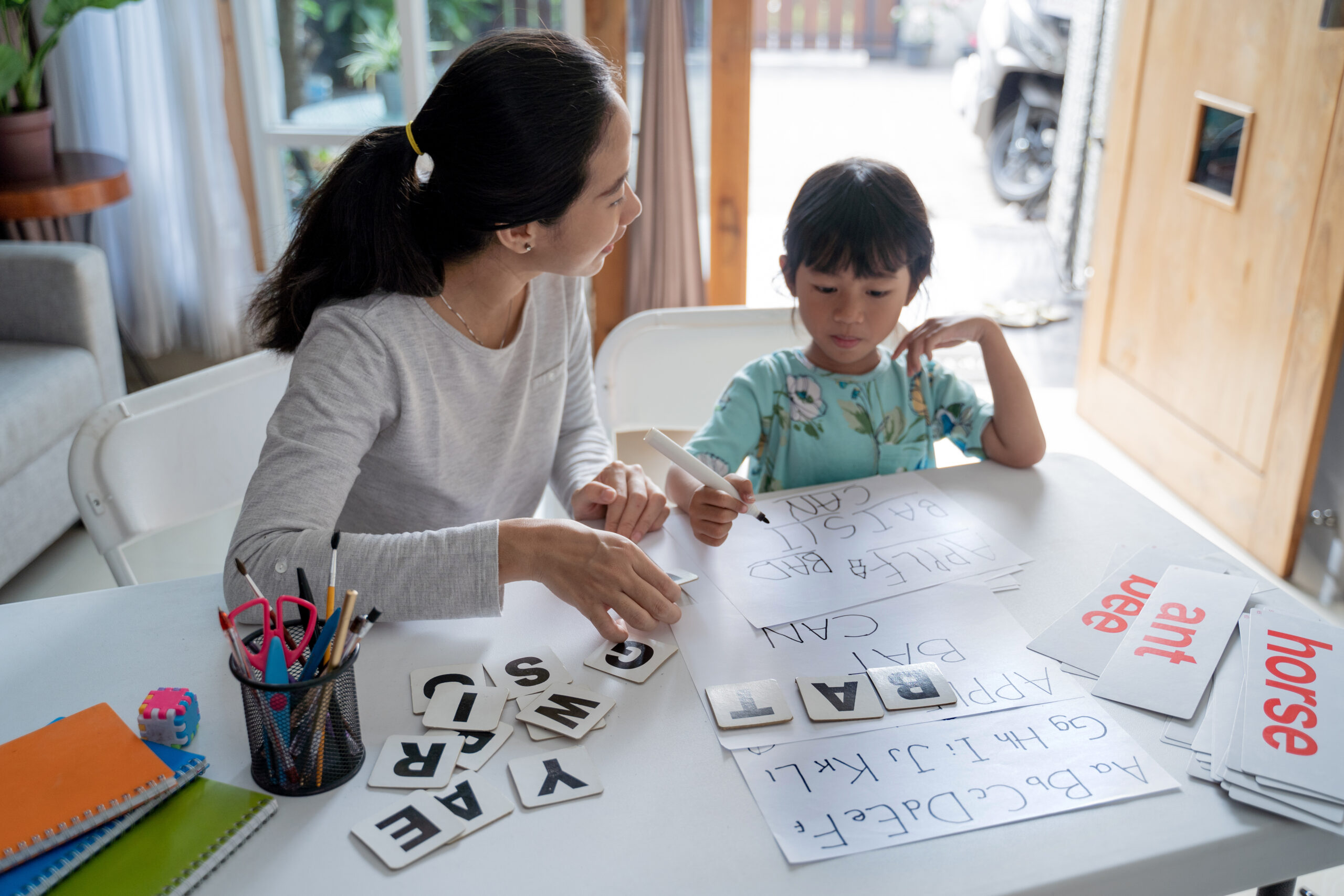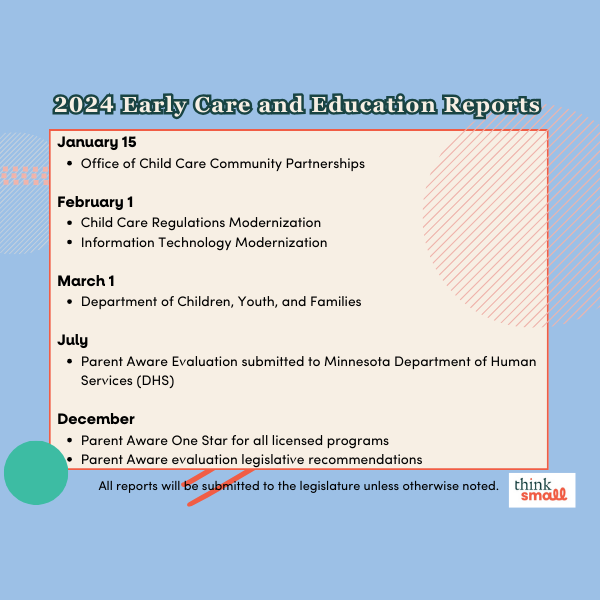This month marks one year since the start of the Think Small blog. To celebrate, we’re using January to highlight information and initiatives from Think Small and our partners about infants and toddlers and their caregivers in Minnesota. This post is part of our series on children 0-3.By: Representative Dave Pinto, District 64B

Representative Dave Pinto
Investing in young children is the right approach not only morally but financially as well. A public dollar invested in the earliest years pays enormous dividends for all of us, for the rest of the child’s life and beyond. There is no creative force more powerful than a child growing up to fulfill her or his potential. Given time, every other challenge that we face can be met if we get this one right.
There is an increasing consensus in our state that early childhood is a critical issue. But in my legislative work I’ve discovered that this general consensus is not reflected in a shared agenda for action. Many organizations and coalitions are working on plans across a wide variety of topics – from prenatal care to early learning, from home visiting to screenings, and more. It seemed to me that we could use a place where advocates can share their plans and work toward a unified agenda.That’s why I’ve partnered with Elders for Infants – a group of retired early childhood professionals – to found the Prenatal to Three Policy Forums. The Policy Forums, which are held quarterly, are intended to:
- Share plans: Again, many advocates, organizations, and coalitions are working in this space. Simply being aware of the plans of others will help lead to more coordination and better results for kids.
- Establish a common base of knowledge: Early-childhood policy encompasses a vast range of policy areas. No one person knows everything. But every early-childhood advocate should have the basics, with an understanding of the intersections between policy areas and – critically – the cultural and community dynamics involved.
- Build relationships: Advocates, organizations, and coalitions can sometimes work at cross-purposes with one another. A regular chance to meet in a neutral forum can increase a sense of teamwork and unity on behalf of our youngest Minnesotans.
The next Policy Forum is the morning of Friday, January 6 at the University of St. Thomas in St. Paul. It’s free and open to the public and will be simulcast online statewide. Please join us!








